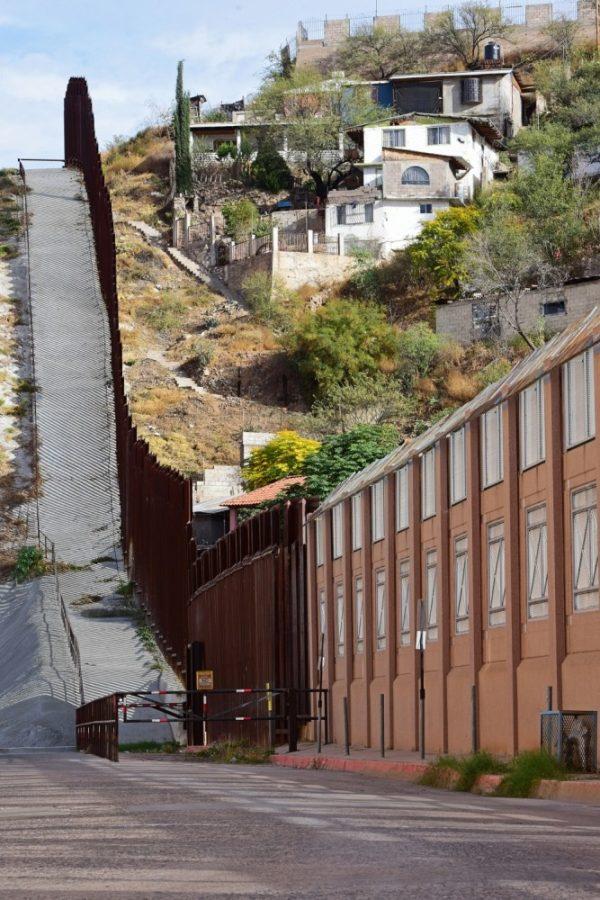U.S. Border Patrol failed to respond to multiple distress calls informing them of a Guatemalan man stranded in the Baboquivari Mountains of Arizona who had been separated from his group while trying to cross the border on Feb.16, according to an open letter published by a humanitarian aid group.
“Martín’s” family reached out to a humanitarian aid group, worried about their brother who was having chest pains when crossing with his group and stayed behind. The aid group forwarded these concerns to Border Patrol and 911 with exact coordinates of his location, a copy of Martín’s identification and his personal phone number.
With no response from Border Patrol, Martín’s family continued calling the same humanitarian group, who then alerted Frontera Aid Collective, another humanitarian aid group. These calls were continuously forwarded to the Border Patrol Search, Trauma and Rescue Unit, who refused to begin a rescue attempt.
Following BP’s inaction, four members of the FAC who also volunteer for Tucson Samaritans took it upon themselves to go into the mountains to save Martín, despite their lack of search and rescue training.
Although BORSTAR’s purpose is to aid in injuries and deaths surrounding the border, they left Martín in the freezing cold for three days, despite knowing his exact location. BORSTAR helicopters flew around him on two separate occasions but never landed because they “can’t really go out there unless the person is near death,” which an EMT admitted to the humanitarian group, according to their open letter.
The group of citizens finally found Martín, who was clearly suffering from a severe lack of food and water. He had called 911 several times over the course of the three days but all his calls were forwarded to BP, who told him to stay in place and wait for their rescue, according to the open letter.
Bryce Peterson, one of the four volunteers who saved Martín’s life, said, “the issue here is that BORSTAR, which has no transparency, not only is criminally ineffective, but also prevents SAR groups from performing a search, and even falsely leads them to believe that an effective search was already carried out, when all they did was fly over him and decide he wasn’t dead enough. And they will assuredly take credit for a successful rescue operation, now that he has been returned alive.”
According to Peterson, this problem with BP is not exclusive to Arizona; states like California and Texas have reported similar issues relating to BP’s search and rescue operations.
“It’s a problem that happens all across the border, but Arizona is somewhat unique in that the terrain is so rugged, and so we have significantly more rescue situations than other states,” Peterson said. “I’ve been to New Mexico and have seen things like this, and have spoken with groups in California and Texas that report exactly the same negligence on the part of BORSTAR.”
In response to BORSTAR’s actions, Peterson and his team have written an open letter with a list of demands in order to bring more publicity to this issue.
For University of Arizona students looking to help, “there are many places to volunteer locally, such as No More Deaths, the Tucson Samaritans, and Casa Alitas (which has a huge need for help right now). If anyone wants to get in touch with me about search and rescue they can contact me at brycepeterson@sonoransar.com. Also, it’s important to get educated on what’s happening around you. People are dying in places where we go camping, hunting, fishing, and yet somehow these deaths are just swept under the rug and don’t seem to make the news unless there’s an election happening,” Peterson said in an email.
Follow the Daily Wildcat on Twitter








